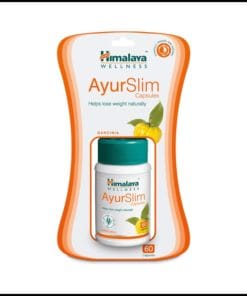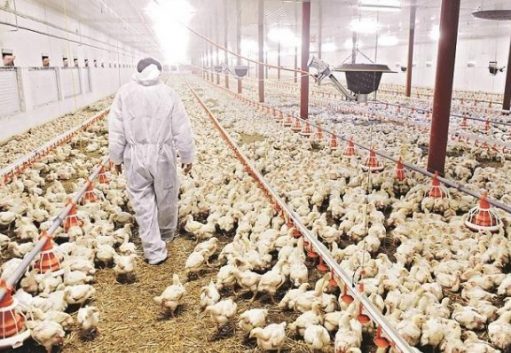Since bird flu can spread in poultry so it would be relevant to minimise the risks when it comes to consumption or handling of eggs or meat. As per the World Health Organisation and UN Food and Agriculture Organisation, chicken and poultry are safe to consume if cooked properly. However, one should remember that no birds from flocks with the disease should enter the food chain.
AIIMS institute has suggested to follow good hygienic cooking practices of poultry-related items.
Therefore, cooking an egg when its yolk becomes firm is safe to eat. One should avoid consuming runny eggs amid the bird flu outbreak.
Cooking chicken eggs be it of hen or duck should be done at or above 70 degrees Celsius to kill the H5N1 flu.
One should wash hands with lukewarm water for at least 20 seconds after handling eggs or poultry while cooking.
Now some basic Q & A related to this !
Is there a vaccine for humans against avian flu?
There is no vaccine for humans against bird flu. The vaccine against human influenza virus does not protect against avian flu.
What is bird flu?
Bird flu is also known as ‘Avian influenza’ or ‘Avian flu’. These flu viruses occur naturally among birds. Bird flu is very contagious among birds and can make some domesticated birds, including chickens and ducks, very sick and kill them.
How does avian flu spread in birds?
Infected birds shed flu virus in their saliva, nasal secretions, and faeces. Susceptible birds become infected when they have contact with contaminated excretions.
Can bird flu happen to humans?
It is believed that most cases of bird flu infection in humans have resulted from contact with infected poultry or contaminated surfaces. There is no evidence of human-to-human transmission so far.
 HIMALAYA Wellness AyurSlim Weight Management Capsule
1 × 325.00 ₹
HIMALAYA Wellness AyurSlim Weight Management Capsule
1 × 325.00 ₹ Omron Compressor Nebulizer NE-C106 White-Omron Healthcare India Pvt Ltd
1 × 1,699.00 ₹
Omron Compressor Nebulizer NE-C106 White-Omron Healthcare India Pvt Ltd
1 × 1,699.00 ₹ Digene Fizz Powder Lemon_ABBOTT
1 × 9.00 ₹
Digene Fizz Powder Lemon_ABBOTT
1 × 9.00 ₹ TYNOR Thigh Support - Large
1 × 299.00 ₹
TYNOR Thigh Support - Large
1 × 299.00 ₹ Navratna Ayurvedic Oil 300ml
1 × 228.00 ₹
Navratna Ayurvedic Oil 300ml
1 × 228.00 ₹ Supradyn Naturals Tablets with Iron, Ashoka and Shatavari-Bayer Pharmaceuticals Pvt Ltd
1 × 313.00 ₹
Supradyn Naturals Tablets with Iron, Ashoka and Shatavari-Bayer Pharmaceuticals Pvt Ltd
1 × 313.00 ₹
 HIMALAYA Wellness AyurSlim Weight Management Capsule
HIMALAYA Wellness AyurSlim Weight Management Capsule  Omron Compressor Nebulizer NE-C106 White-Omron Healthcare India Pvt Ltd
Omron Compressor Nebulizer NE-C106 White-Omron Healthcare India Pvt Ltd  Digene Fizz Powder Lemon_ABBOTT
Digene Fizz Powder Lemon_ABBOTT  TYNOR Thigh Support - Large
TYNOR Thigh Support - Large  Navratna Ayurvedic Oil 300ml
Navratna Ayurvedic Oil 300ml  Supradyn Naturals Tablets with Iron, Ashoka and Shatavari-Bayer Pharmaceuticals Pvt Ltd
Supradyn Naturals Tablets with Iron, Ashoka and Shatavari-Bayer Pharmaceuticals Pvt Ltd 